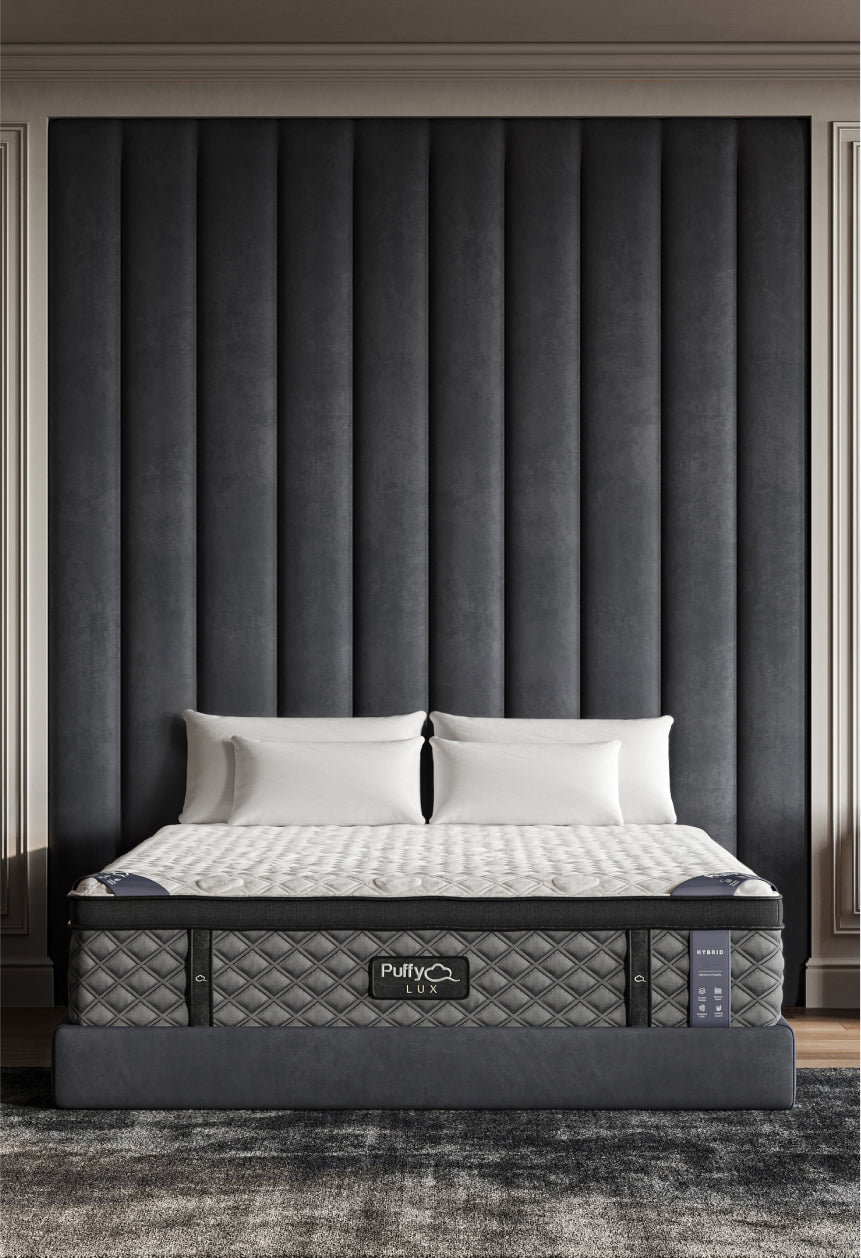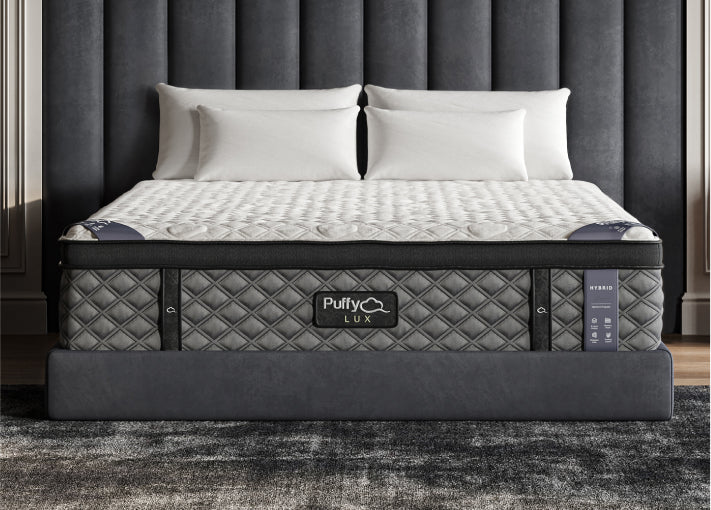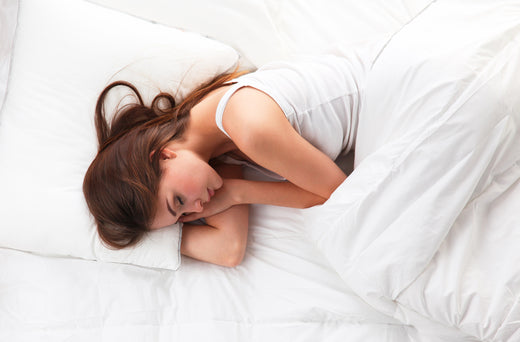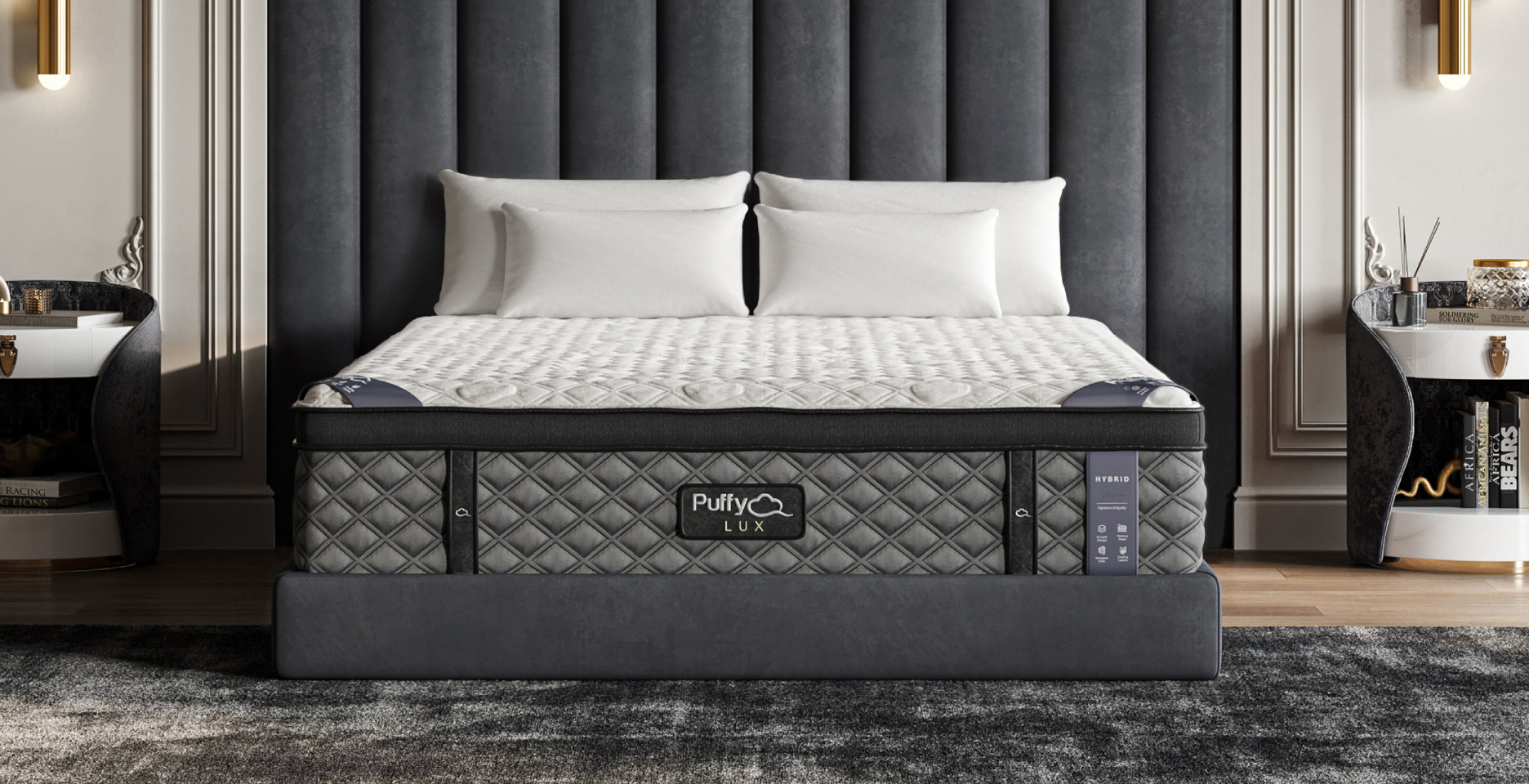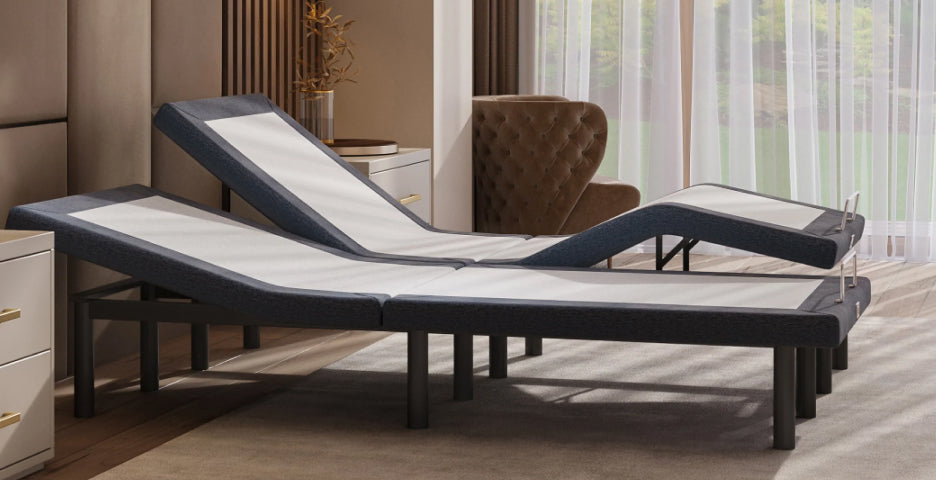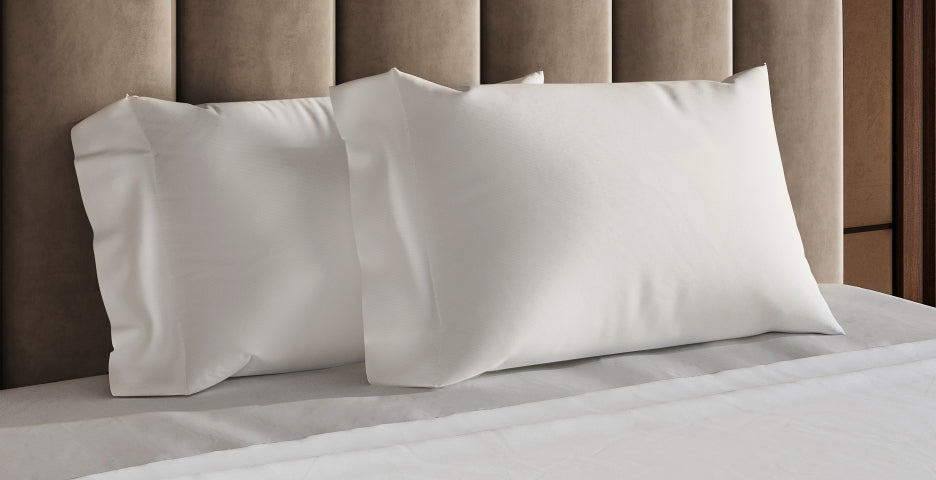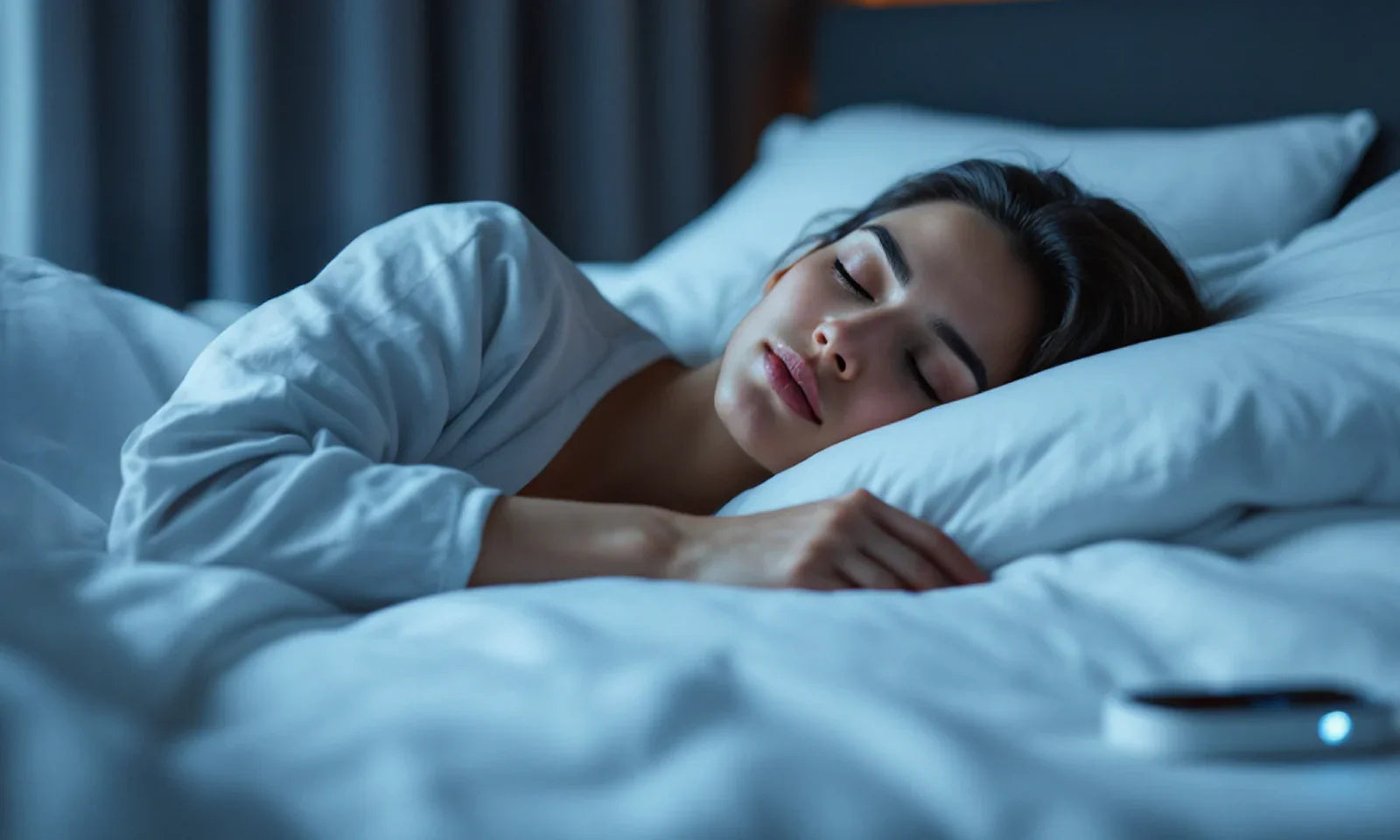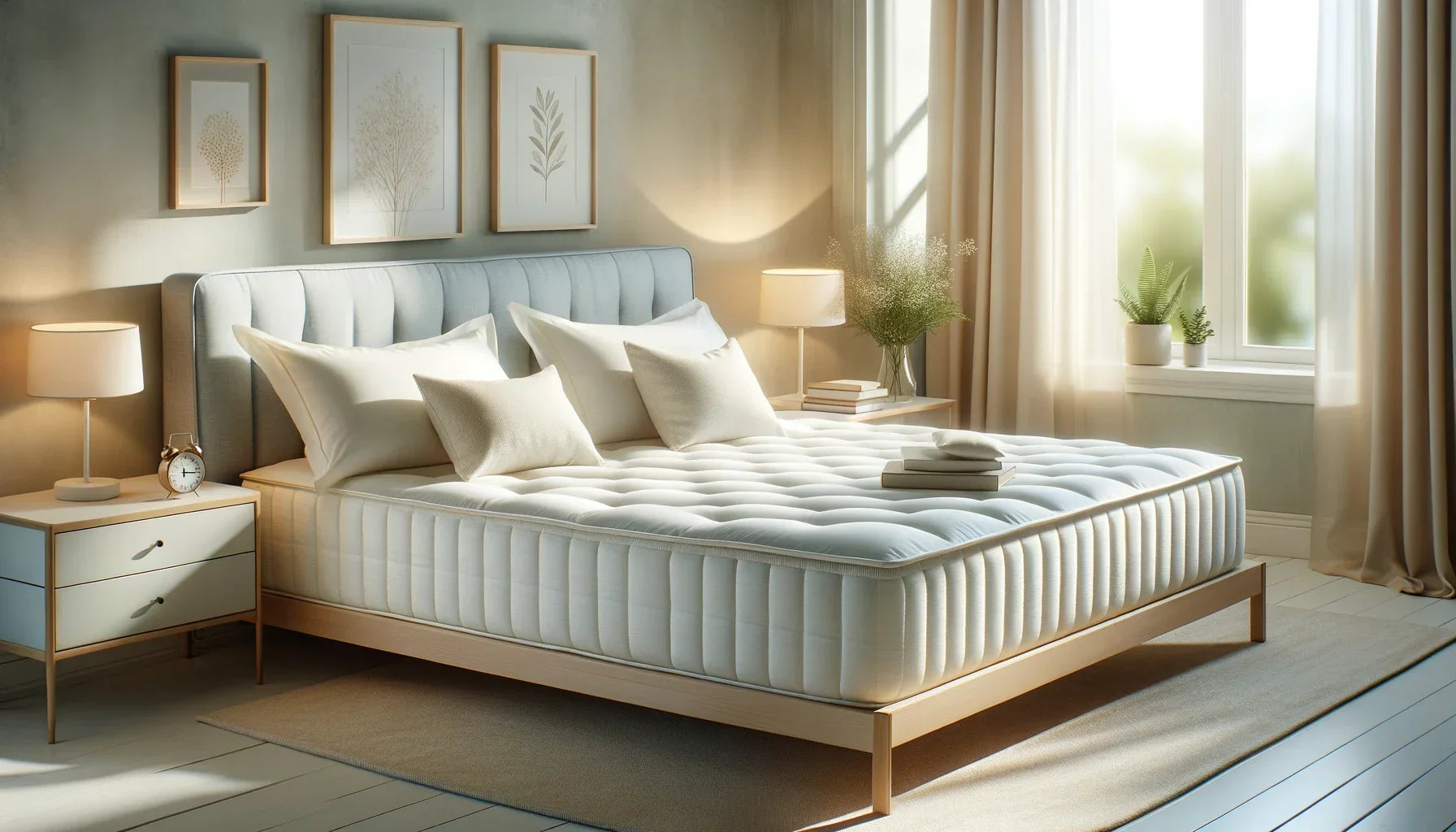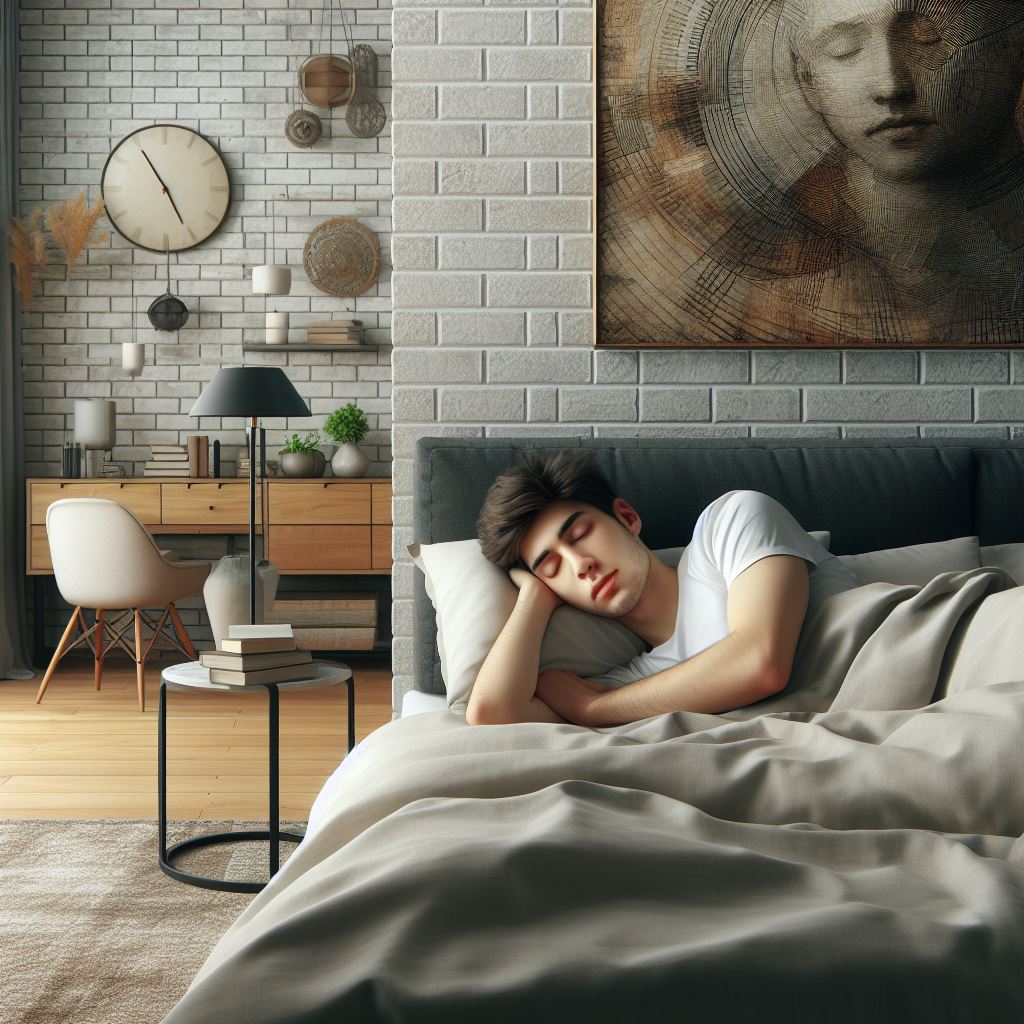If you find yourself waking up repeatedly at the same time of the night, you might just be worried about where your lack of sleep is stemming from. While waking up in the night is normal, something we all ask ourselves is how to go to sleep again? This determines the quality of rest you’re getting.
However, if you’re tossing and turning after a nightly interruption, there are most likely causes for your lack of sleep. Studies show that waking up in the middle of the night can be a side effect of insomnia. In this post, you’ll understand the reasons for sleep interruption and how to go to sleep without interruptions, every night.
Table of Contents
What Is The Impact Of Sleep Deprivation?
Sleep deprivation is not getting enough sleep, which should ideally be from seven to nine hours per night. Additionally, your sleep quality degrades without achieving the needed amount of sleep. Sleep interruptions wake you up at night and prevent you from going back to sleep.
The most obvious sign of sleep deprivation is daytime fatigue and lower levels of productivity. Your brain is worn out so, concludingly, its functions are affected. As a result, you’ll experience things like slow thinking, memory loss, and reduced attention span. Sleep deprivation can also impact your mood, it can heighten your stress levels, irritability, or anxiety.
Sleep deprivation also has physical symptoms and can lead to serious health issues like cardiovascular disease, obesity, or diabetes. These are direct results of poor sleep, which can often lead to a weakened immune system, high blood pressure, and a higher intake of calories. In order to prevent sleep deprivation, you need to minimize sleep interruptions to ensure you have a good night’s sleep.
What Are The Reasons For Sleep Interruption?

If you have trouble falling asleep or wake up abruptly from your sleep, it is also known as restless sleep. Here are some of the reasons you may be waking up repeatedly, and what you can do about it to get some much-needed shut-eye.
Reason #1: Stuffy Rooms
A room temperature of between 60 - 67 degrees Fahrenheit is ideal for a restful night of sleep. If you find yourself suffering from night sweats, your lack of sleep may be caused by a lack of circulation in your room. Determining the cause of night sweats will help you eliminate them. You can be getting night sweats from stress, menopause, or a hormone disorder. Consider opening a window or sleeping with the fan or air conditioner on to permit airflow in your room.
Unfortunately, some mattresses trap heat and can make you overheat while you sleep, eventually interrupting your sleep and making you wake up. Your mattress needs to keep cool in order for you to be able to stay asleep. The best mattresses tend to have climate-adaptive technology that helps to regulate your body temperature to help you achieve the best possible sleep. Puffy mattresses are made with exactly this in mind: our Climate Comfort™ layers prevent sudden temperature swings, giving you coolness that is consistent, comfy, and calming throughout the night.
Reason #2: Next Day Nerves
If you’re predisposed to being more anxious than calm, it can be tough to get your mind to stop racing through everything the next day is about to bring. Waking up in the middle of the night as a result of anxious thoughts or nightmares can be a really common cause of sleep interruption. A lack of sleep that comes from stress may seem difficult to solve, but really, there’s a simple solution.
Proper sleep hygiene when it comes to stress management starts with accepting there are external factors that will always influence your mood. Look into starting a meditation practice, and think about using sleep accessories to help with your rest. If you’re convinced you already own the best mattress for your sleeping style, Puffy’s weighted blankets are designed for stressed-out sleepers who need a little extra comfort to plug out of the outside world.
The gentle pressure stimulation in our weighted blankets means you feel enveloped in a cozy, never stuffy, embrace, while the plush mink exterior keeps you comfortable.
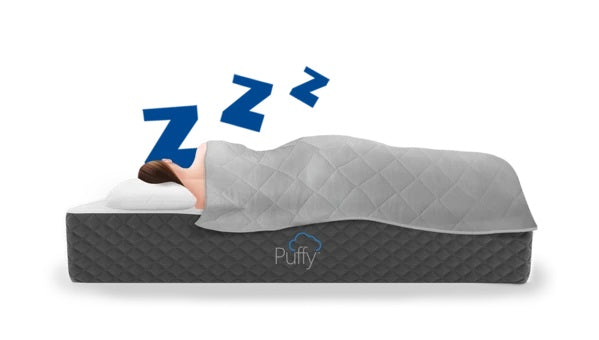
Reason #3: Your Sleeping Position
Sometimes, what feels like the most comfortable sleeping position for you does more harm than good, causing a lack of sleep. If you sleep on your stomach or in a fetal position, you may be constricting your airways, creating interruptions during your sleep.
The best mattresses are ones that can account for every type of sleeper - memory foam mattresses are specially designed to provide the perfect amounts of support and comfort to back, stomach, and side sleepers.
The more comfort and ease with which you’re able to rest, the less likely it is you’ll be putting unnecessary strain on any one area in your body.
Reason #4: Sleep Disorder
Sleep disorders are conditions that prevent you from falling asleep or being able to get restful sleep, waking up at night can be a sign of a sleep disorder. They can be caused by a health condition or mental states like stress, depression, or anxiety. Sleep disorders will lead to sleep deprivation, and as a result, affect your physical and mental well-being. The most common sleep disorders include:
- Insomnia: This is the most popular sleep disorder, in fact, 50% of Americans experience insomnia at some point, especially among adults. Insomnia is being restless and having difficulty falling asleep, which leads to poor sleep quality and duration. Insomnia can be caused by depression, stress, jet lag, anxiety, or a busy work schedule. It can be a short-term or long-term condition. If you’re experiencing insomnia on a regular basis, it may be caused by a chronic condition so it is advised to consult a doctor.
- Sleep Apnea: This is a sleep disorder that pauses your breathing for a short period as you sleep, and can make you wake up at night. There are three types of sleep apnea, they are obstructive sleep apnea, central sleep apnea, and complex sleep apnea. Sleep apnea can cause snoring or frequent gasps while sleeping.
- Restless Leg Syndrome (RLS): This neurological disorder is known for the urge to move the legs and be active. RLS happens because of contractions of the leg muscles, it can happen anytime during the day but often happens at night. RLS can make it hard to fall asleep or relax before bedtime. It can be associated with certain health conditions like ADHD or Parkinson’s disease.
- Narcolepsy: Narcolepsy is another neurological disorder that affects your ability to stay awake, it can make you fall asleep quickly - during day or night. Those with narcolepsy get daytime tiredness often and experience sudden ‘sleep attacks’, even when busy with activity. It can also cause sleep paralysis, which means difficulty to move when you wake up.
How Can You Improve Your Sleep Quality?

If you suffer from a sleep disorder, it is best to visit a doctor for medical assistance. If you’re wondering how to go to sleep without interruptions, the tips below may help improve the symptoms of sleep disorders and can help you get more uninterrupted sleep.
1. Consistent Sleep Schedule
It may be tempting to stay up for an extra hour or two on the weekend, but it is actually doing more harm to you than good. An irregular sleep schedule will disrupt your circadian rhythm or your body’s internal clock. It’ll make it very hard to get your sleep schedule back on track when the weekend is over.
As a result, you’ll be tired during the day and will have difficulty concentrating on your tasks. Setting a consistent sleep schedule will allow your body to naturally prepare for bedtime. Consider making a habit of going to bed and waking up, relatively at the same time every day.
2. Proper Sleep Environment
Enhance your bedroom to be ready for sleep, something as small as the sound of a TV or the glare of a streetlight can interrupt your sleep. Be sure that your room is at a comfortable temperature, dark, and quiet. Try and get rid of any distractions that can disrupt your sleep.
You should also prompt your bed to help you fall asleep faster by ensuring your mattress and bedding are soft and comfortable. A bad mattress won’t only wake you up from your sleep, it can give you back pain as well.
3. Avoid Heavy Meals Before Bed
Eating a heavy meal before bedtime will make it harder to fall asleep because your body won’t have enough time to digest it. Consider trying to plan your last meal at least 3 hours before sleeping. If you get hungry at night, have a healthy snack that won’t affect your sleep quality.
In fact, some snacks even promote better sleep by helping the production of melatonin. These snacks include oatmeal, pistachios, almonds, yogurt, and sweet potato.
4. Avoid Drinking Coffee or Alcohol
As for stimulants like coffee, energy drinks, or nicotine - it is best to avoid them at least 6 hours before sleeping. It’s important to be in a restful state before bedtime and not active or worked up. Even though alcohol is a suppressant and makes you sleepy, it affects your sleep quality as it prevents you from getting deep sleep.
5. Promote Relaxation
It can be hard to let go of the day’s stress when it’s time to sleep but engage in practices that’ll put you in a good mood, whether it is taking a warm bath or meditating to relax. Meditating doesn’t necessarily need to be yoga, you can try mindfulness meditation by doing breathing exercises or guided meditation by listening to a sleep podcast.
Investing in the Right Tools to Help You Get to Sleep
Perfecting how to go to sleep after you’ve been interrupted is easier said than done. Memory foam mattress or not, the best mattress for you can be found and made accessible through a little bit of time, commitment, and research.
Investing in your sleep by thinking about how the best mattress for your sleep position, the right weighted blanket, and a proper night routine should really be a priority when you’re looking to shift into taking better care of yourself.
Self-care is an incredibly important way to invest time and energy back into yourself, and whether that’s through getting yourself a weighted blanket or simply taking the time to cultivate better sleeping practices, you’ll be surprised at the impact it makes on your sleep patterns.
FAQ
How can I fall asleep right now?
There are a few things that you can try to help you fall asleep, consider trying breathing exercises or practicing meditation to make you relaxed. You should also avoid looking at your phone or watching TV, as the blue light would postpone melatonin production, which is the sleep hormone. Additionally, make sure your room is at a cool temperature and that it is dark and quiet.
How to go to sleep in 5 minutes?
A popular relaxation technique known as the military method can help you fall asleep quickly. You need to lay down on your bed and release the tension from your face muscles and body. Place your arms on your side and purposely loosen up each body part. Then start taking 10 deep breaths and exhaling, focus on your breathing as you do so. Afterward, try to think of a relaxing scene that makes you happy and focus on only that for 10 seconds. Keep practicing this method until your mind and body are completely at ease and then you’ll fall asleep.
Why can't I sleep at night?
There are many reasons that can make it difficult to fall asleep, this can include stress, jet lag, anxiety, a sleep disorder, or practicing poor sleep hygiene. Consider trying relaxation techniques like meditating, going for a walk, or taking a warm bath to promote sleep. Additionally, avoid stimulants like coffee and heavy meals before bedtime to sleep better.
Conclusion
Understanding the reason for your sleep interruptions is the start of fixing this problem. Whether this disturbance is noise outside, a stuffy room, or a bad mattress - with this post, you can find the best solutions to finally get better sleep
Check out Puffy mattress reviews from real customers and see how we compare with other brands.
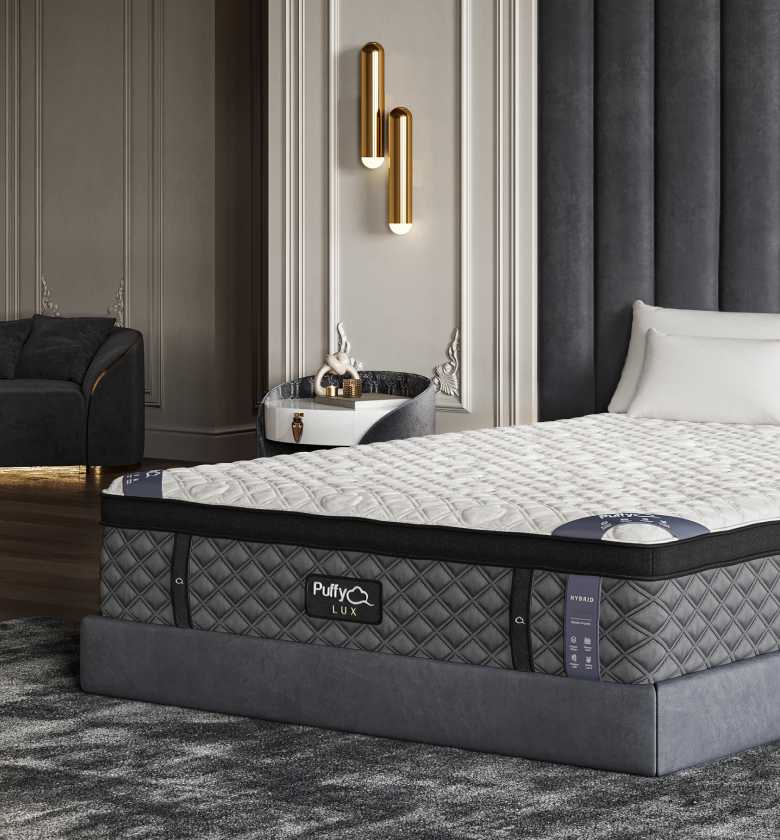
$1,350 in savings
Unlock your ultimate sleep solution with Puffy.
Explore our award-winning Puffy mattress collection with these extra luxury benefits:
- Award-winning comfort.
- Lifetime warranty.
- 101-night sleep trial.
- Free shipping and returns.
- 100% made in USA.
Disclaimer. We love sleep and we want you to get the best sleep possible. But we do not provide medical advice. This blog is intended for informational purposes only. It is not a substitute for professional medical info, diagnosis, or treatment. Never ignore professional medical advice in seeking treatment because of something you have read on our blog.
